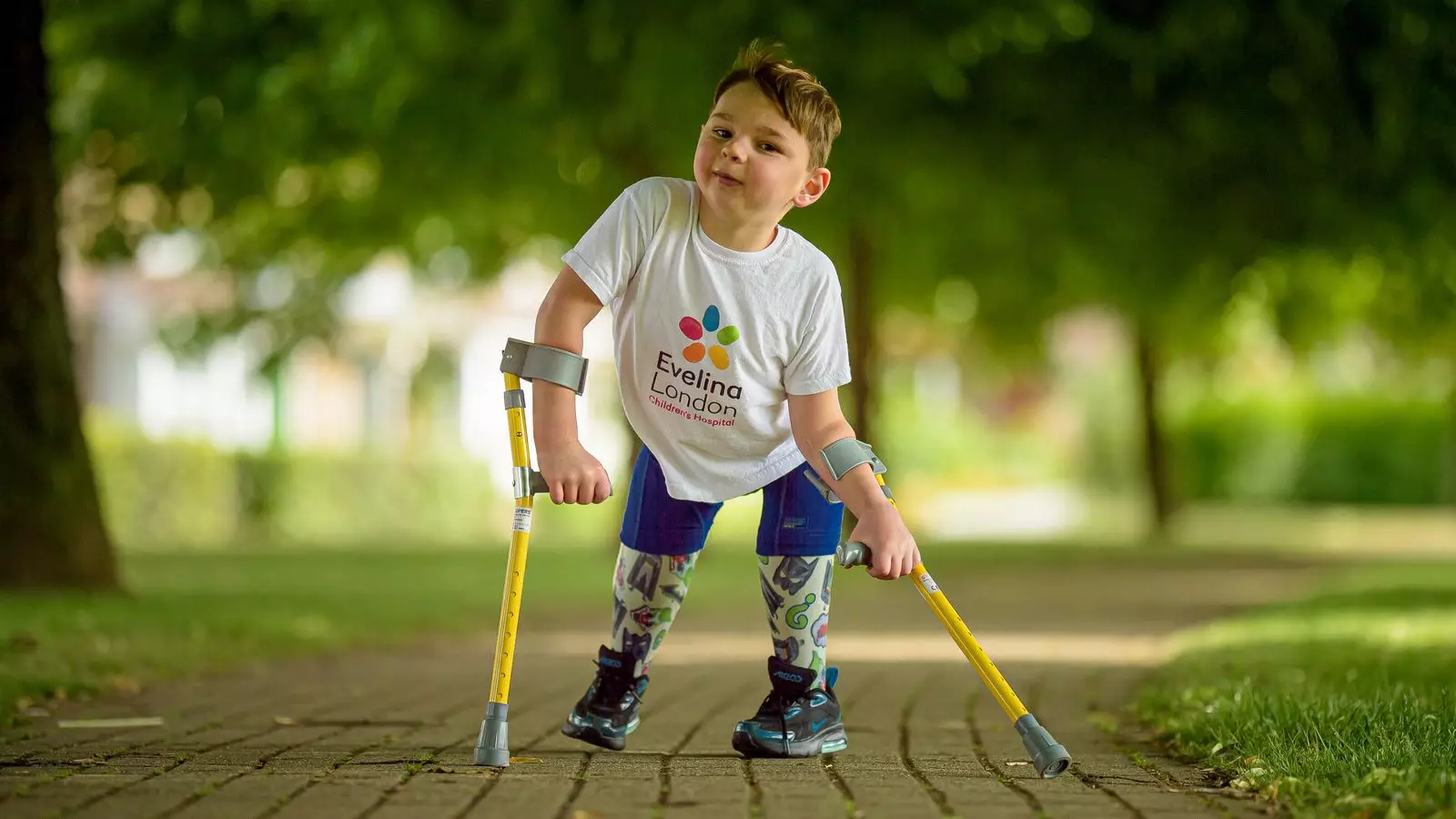In 2018, the horror stories surrounding child abuse reached a new zenith with the case of Jody Simpson and Anthony Smith, parents whose heinous actions inflicted irreversible harm on their infant son, Tony Hudgell. The couple was sentenced to ten years in prison for what can only be described as a calculated torment that resulted in Tony suffering through unimaginable pain. Just 41 days into his life, he was subjected to a vicious assault, leading to multiple fractures and, ultimately, the amputation of his legs. It is a grim reality that such cruelty could even be inflicted by a parent, someone who is supposed to be a child’s protector. Yet the sheer brutality of their actions is only compounded by the shocking decision of the Parole Board to release Simpson early from prison.
The Outrage of Early Release
The very notion that someone who has obliterated a child’s future and inflicted lifelong trauma could find the possibility of freedom within a mere few years is an affront to justice. Simpson was initially scheduled for release in 2022, but due to public outcry and the intervention of then Justice Secretary Dominic Raab, her case was momentarily paused. Unfortunately, the Parole Board has now decided that she can re-enter society under the guise of rehabilitation. This decision is not only a slap in the face to Tony and his adoptive mother, Paula Hudgell, who has passionately advocated for justice on behalf of her son, but it also reveals glaring weaknesses in our criminal justice system.
The Implicated System and Its Flaws
The Parole Board claims that its decisions are based on a thorough evaluation of the risks a released prisoner might pose to society and whether those risks can be managed. But how can we genuinely assess the risk posed by someone capable of such vile actions against a helpless infant? Simpson’s actions have led to a lifetime of suffering for Tony, and the damage of her crime remains with him every day. The notion that her release can be justified based on behavioral changes or the potential for rehabilitation appears naïve and dangerously optimistic.
A case like Tony’s should prompt interrogations of systemic flaws in the criminal justice system. When offenses of such a monstrous nature only result in sentences that allow for early release, it raises underlying questions about our societal values. Do we prioritize rehabilitation over justice for victims? And, in doing so, are we undermining the very purpose of our penal system?
The Fight for Justice Continues
Tony Hudgell’s journey has been one of resilience amid horrific adversity. Since being adopted, he has transformed his painful past into a powerful narrative, becoming a prominent fundraiser for charity—efforts recognized by none less than the Royal Family. His situation has sparked discussions around what is now being termed “Tony’s Law,” advocating for stricter punishments for child abusers. Tory MP Tom Tugendhat has been a fierce proponent of these changes, emphasizing the urgent need to shield vulnerable children instead of offering leniency to their abusers.
Simpson’s release, despite the cries for justice, echoes the sentiment that child abusers in our legal system often evade the full consequences of their heinous actions. It reopens wounds for many who advocate for stricter laws and more substantial protective measures against those proven to be a danger to society.
Gripping Societal Values
The decision to release someone who has so heinously abused their own child reflects not just a verdict on an individual life, but on the collective conscience of our society. It illuminates a disturbing reality: we may be more forgiving of abusers than we are protective of their most innocent victims. Tony’s ongoing suffering stands as a testament to the long-term impact of such violations; his life cannot be measured simply in the years that have passed since his birth.
In this context, we must ask ourselves what kind of society we want to foster. Should we prioritize the rehabilitation of perpetrators over the dignity and relief of victims? It is essential to hold a mirror to our legal frameworks and societal attitudes surrounding crime and punishment, especially for the most vulnerable members of our communities. It is a dialogue that deserves urgent attention, lest we continue to witness tragic outcomes such as Tony’s.

Leave a Reply